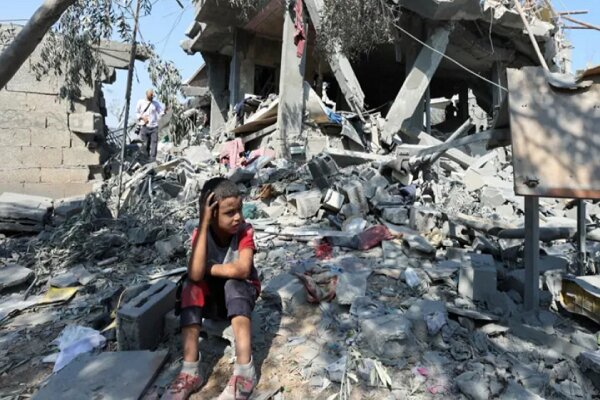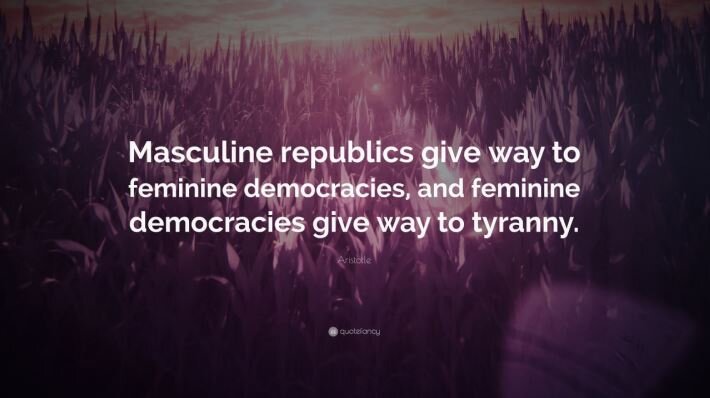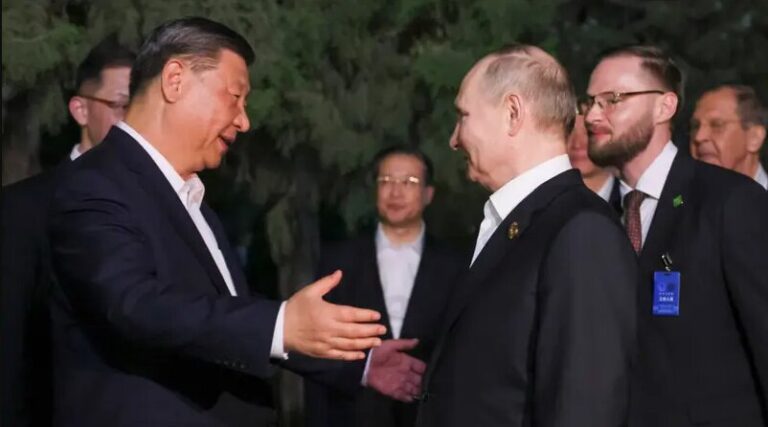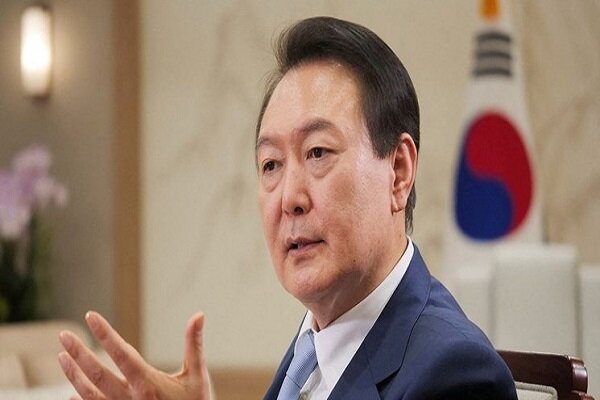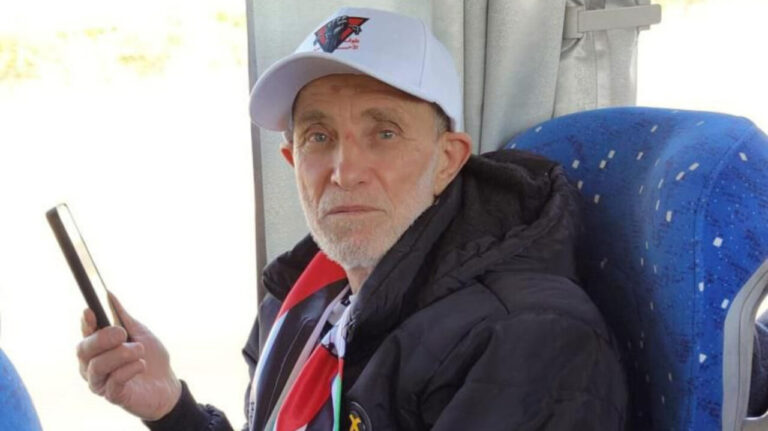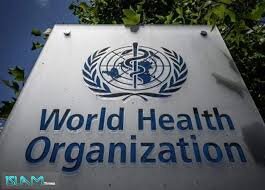Netanyahu Launches Talks to Advance Second Phase of Gaza Truce Negotiations
The ongoing negotiations between Israel and Hamas have captured international attention, particularly as the potential for peace hangs in the balance. Recently, Israeli Prime Minister Benjamin Netanyahu engaged in discussions with the U.S. president’s Middle East envoy, Steve Witkoff, regarding the next steps in these crucial negotiations.
On Sunday, both leaders agreed that formal negotiations would “begin when they meet in Washington.” However, a specific date for these vital talks, which will involve mediators and delegations from Hamas and Israel, has yet to be established. The first phase of negotiations, lasting 42 days, is set to conclude next month, as reported by the Japan Times.
According to Netanyahu’s office, Witkoff is scheduled to coordinate with key mediators from Qatar and Egypt before discussing further steps with the Israeli premier. These discussions will aim to “advance the negotiations, including dates for delegations to leave for talks.”
Key Points of the Negotiation Phases
- First Phase: Involves the release of 33 prisoners in exchange for approximately 1,900 individuals, mainly Palestinians.
- Second Phase: Expected to address the release of remaining captives and aim for a more permanent resolution to the conflict.
- Opposition: Some members of Netanyahu’s government are against discussions for a long-term peace settlement.
As part of the current phase, Hamas successfully freed three Israeli prisoners on Saturday. This exchange involved the release of more than 180 Palestinian prisoners from Israeli custody. Following this exchange, the Israeli military confirmed that all three individuals were safely back in Israel.
In total, Hamas and its ally, Islamic Jihad, have handed over 18 prisoners to the International Committee of the Red Cross, which includes these recently released Israeli captives. This exchange has been part of a broader effort, wherein hundreds of Palestinian prisoners, many of whom are women and children, have also been released.
On Saturday alone, a total of 183 prisoners were freed, with all but one being Palestinian; the exception was an Egyptian national. Looking ahead, Hamas sources have indicated that a fifth prisoner exchange is planned for next Saturday, which could further impact the dynamics of the ongoing negotiations.
Ceasefire and Future Negotiations
The ceasefire’s initial six-week phase is contingent upon the successful release of a total of 33 prisoners, which is expected to facilitate discussions surrounding the 1,900 individuals held in Israeli jails. The ongoing negotiations are critical, as they could pave the way for more significant discussions about achieving lasting peace in the region.
As the situation develops, it remains essential for all parties involved to maintain open lines of communication. The involvement of international mediators like the United States, Qatar, and Egypt is pivotal for advancing the talks and ensuring a comprehensive agreement that addresses the concerns of both sides.
In conclusion, the upcoming meetings in Washington hold significant promise for the future of Israeli-Palestinian relations. The exchange of prisoners is a vital step forward, but it is merely the beginning of a complex negotiation process that aims to establish lasting peace in the region.
Moving forward, the world watches closely as these negotiations unfold, hoping for a resolution that not only addresses immediate concerns but also lays the groundwork for a more stable and peaceful future for both Israelis and Palestinians.
